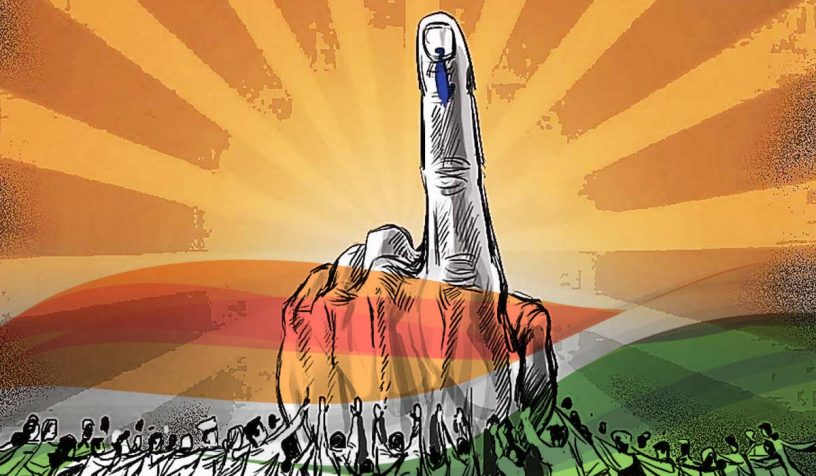
This paper examines whether opportunity can help resolve the rebel’s dilemma and increase participation in collective action.
Author
Swetasree Roy, Associate Professor, Jindal School of Government and Public Policy, O.P. Jindal Global University, Sonipat, Haryana.
Summary
Scholars argue that collective action is possible if and only if rebel groups can solve their dilemma of non-participation. This paper examines whether opportunity can help resolve the rebel’s dilemma and increase participation in collective action.
Scholars contend that presence of representative government provides many solutions to the rebel’s dilemma. In this paper, the author tests the validity of this argument in the present times. Using a mid-level theory of opportunity and willingness on panel data of 28 Indian states from 2001–2012, results show that an open political system does not automatically signal opportunity for rioting.
Risk is significant only when there is a willingness to use the opportunity. An interaction of the political opportunity and willingness to riot reduces the rebel’s dilemma of non-participation, thereby increasing the risk of violent collective action. Interestingly, some old predictors of collective action like wealth, education, and youth bulge do not find support here.
Published in: Asian Politics & Policy
To read the full article, please click here.


